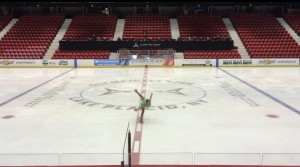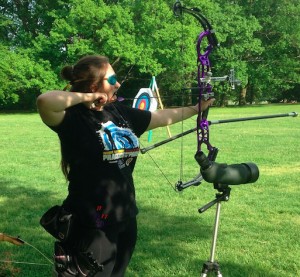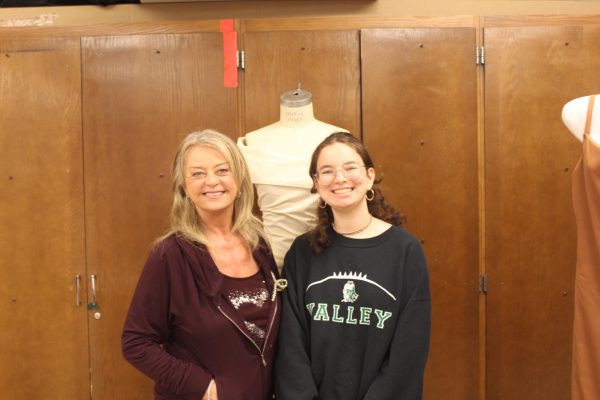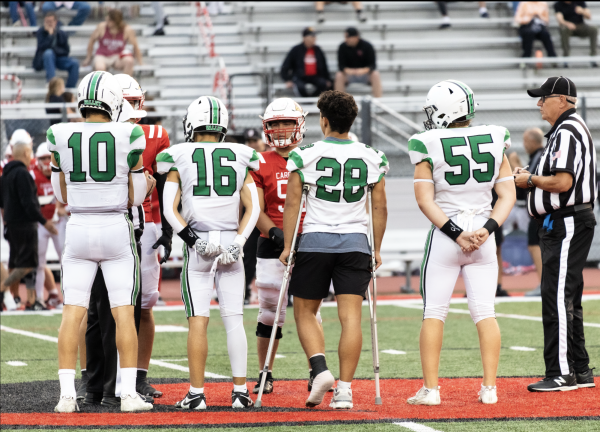Rowing to the finish line
PV senior rows competitively in her free time
Klarin practices rowing multiple times a week for her competitions.
The oars hit the water as adrenaline races through her body. The end of the race is just seconds away as the realization of her accomplishment begins to set in.
Starting in eighth grade, Lucia Klarin, a PV senior, has been rowing for a little over four years now.
“It has completely impacted my life, I’ve given up everything for it. In a way, it’s like a form of meditation,” Klarin said. “It’s the type of thing that you have to immerse yourself in it, or you won’t get a pay off from it.”
This sport keeps Klarin’s life packed to the fullest from practicing six days a week and traveling to places like Philly and Boston.
“It’s probably the most intense experience ever because of the way you push your body to the limit,” said Klarin.
With all the severe experiences from being a rower, and the strain of it on Klarin’s body, there are times where she has had to take seasons off. This past winter, she had to undergo hip surgery from over-rowing, and had to take a full season off just to recover.
“Starting back up, I had to start from scratch, with my times, racing, and everything,” Klarin said. “Overall, I had to start at the bottom and work my way back up,”
Just like any other sport, rowing is a game of obstacle, with injuries that follow at any given time.
There are two different kinds of races that occur in the rowing season. The fall race is called Head Races, which are 5000 meters.
“The way head races work is there is an insane amount of rowers in your race, but it’s all done by time, so you are not lined up,” Klarin said. “It’s basically, one boat goes and then 15 seconds later another boat takes off. So in all, you could have hundreds of boats in your race.”
In the spring and summer seasons, there are sprints which are only 2000 meters. In these types of events there could be heats, but when each of the rowers are lined up, there is only six lanes to fill. So, in an individual race, rowers are only up against five other people.
“It takes dedication, because it’s one of those sports where if you don’t love it, you can’t do it, because of how unbearable it is. I’ve just taken away that there is so much payoff and if you put the work in, you get results out of it,” Klarin said. “I think that establishing a focus, and willingness to complete something is very important, and I have never really experienced that with anything else.”















